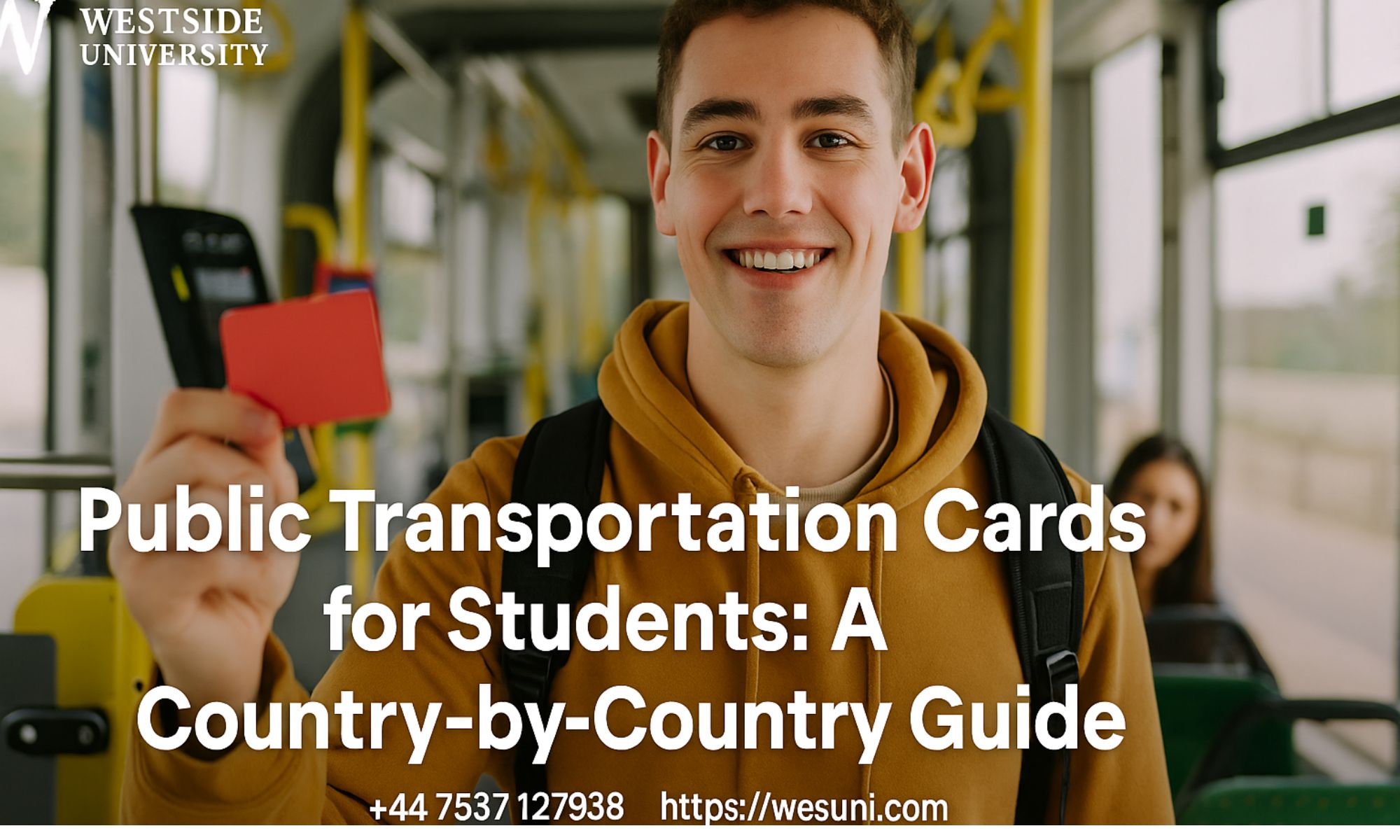When applying for jobs, internships, or graduate programs abroad, your resume (CV) is your first chance to make an impression. Employers and recruiters may only spend a few seconds scanning your application before deciding whether to shortlist you. That means your resume must be clear, professional, and tailored to international standards.
Writing a resume that appeals abroad isn’t just about translation—it’s about understanding cultural expectations, formatting styles, and industry-specific norms in your destination country. This guide breaks down how to create a strong resume that helps international students and graduates stand out globally.
🌍 1. Understand the Difference Between a Resume and a CV
Different countries use “resume” and “CV” interchangeably, but the meaning changes:
- Resume: A concise (1–2 pages) summary of skills, education, and experience. Common in the U.S. and Canada.
- CV (Curriculum Vitae): A longer, detailed document covering academic achievements, research, publications, and work. Standard in Europe, Asia, and academia worldwide.
📌 Tip: Research which format is expected in your target country before applying.
📐 2. Choose the Right Resume Format
Employers abroad value resumes that are structured and easy to scan. The three most common formats are:
- Chronological: Lists experience in reverse order (most recent first). Best if you have consistent work history.
- Functional: Focuses on skills rather than timeline. Good for students with little work experience.
- Combination: Mixes both, highlighting skills while showing work history. Ideal for career changers.
📌 Tip: Stick to one page if possible, unless applying in countries like Germany or France where 2+ pages are acceptable.
🏢 3. Tailor Your Resume to the Job Market
Every country has its own resume expectations:
- U.S./Canada: No photos or personal details (like age or marital status). Focus on achievements.
- UK: Similar to U.S. resumes but can be slightly longer.
- Germany/France: Photos and some personal details are often included.
- Asia (e.g., Japan, China): Detailed CVs are standard; sometimes even hand-written applications are preferred.
📌 Tip: Check job postings or ask career services at your university for local standards.
🎓 4. Highlight Education Effectively
As an international student, your academic qualifications may be your strongest selling point. Include:
- Degree, university name, and graduation date.
- GPA (if strong and relevant).
- Relevant coursework (tailored to the job).
- Scholarships, honors, or awards.
📌 Tip: If your grading system differs from the host country, explain it (e.g., “Graduated with Distinction, equivalent to GPA 3.7/4.0”).
💼 5. Emphasize Transferable Skills
Employers value skills that show you can adapt to international work environments. Highlight:
- Language proficiency (especially English + host country’s language).
- Cross-cultural communication (show you can work in diverse teams).
- Problem-solving and adaptability (important for new grads).
- Technical skills (software, tools, or industry knowledge).
📌 Tip: Use strong action verbs like led, developed, created, managed, implemented.
📊 6. Quantify Your Achievements
Numbers make your accomplishments stand out:
- Instead of “Assisted in marketing campaign”, write:
“Increased social media engagement by 30% by managing targeted campaigns.” - Instead of “Worked on sales team”, write:
“Supported sales team to achieve $50,000 in quarterly revenue.”
📌 Tip: Employers love measurable impact—it shows results, not just tasks.
🖋️ 7. Craft a Strong Resume Summary
Start your resume with a summary statement (2–3 sentences) that highlights your background and goals. Example:
“Motivated international business student with experience in cross-cultural teamwork and digital marketing. Seeking an internship in global business operations to apply analytical and leadership skills.”
📌 Tip: Avoid vague phrases like “hardworking” or “team player”—be specific.
🌐 8. Use Keywords from Job Descriptions
Many companies abroad use Applicant Tracking Systems (ATS) to filter resumes. To get past them:
- Read the job ad carefully.
- Identify key skills/requirements.
- Mirror those keywords in your resume.
📌 Example: If a job description lists “data analysis with Excel,” ensure you write “Excel data analysis” in your skills section.
📸 9. Decide Whether to Include a Photo
- Yes (Germany, France, Asia): A professional headshot is often expected.
- No (U.S., UK, Canada, Australia): Photos are discouraged to prevent bias.
📌 Tip: If including a photo, keep it professional (neutral background, business attire).
✍️ 10. Proofread and Format Professionally
Small errors can cost you interviews. Ensure your resume is:
- Free of typos and grammatical mistakes.
- Using consistent fonts (Arial, Calibri, or Times New Roman).
- Well-spaced with clear section headings.
📌 Tip: Ask a career advisor or friend fluent in English to proofread.
📑 11. Don’t Forget a Cover Letter
In many countries, a cover letter is just as important as a resume. Use it to:
- Explain why you want to work in that country.
- Highlight skills that make you a strong candidate.
- Show cultural awareness and adaptability.
✅ Key Takeaway
Writing a resume that appeals abroad is about adapting to international expectations while showcasing your strengths. By tailoring your format, emphasizing transferable skills, and quantifying achievements, you can create a powerful resume that stands out in the global job market.
🚀 Apply Now with Westside University
At Westside University (WesUni), we prepare students for global success—not just in academics, but also in career readiness. From helping you draft international-standard resumes to guiding you through job applications, we’re here every step of the way.
👉 Start your study-abroad and career journey today:
🔗 https://wesuni.com/apply
📞 +44 7537 127938
🌐 https://wesuni.com


